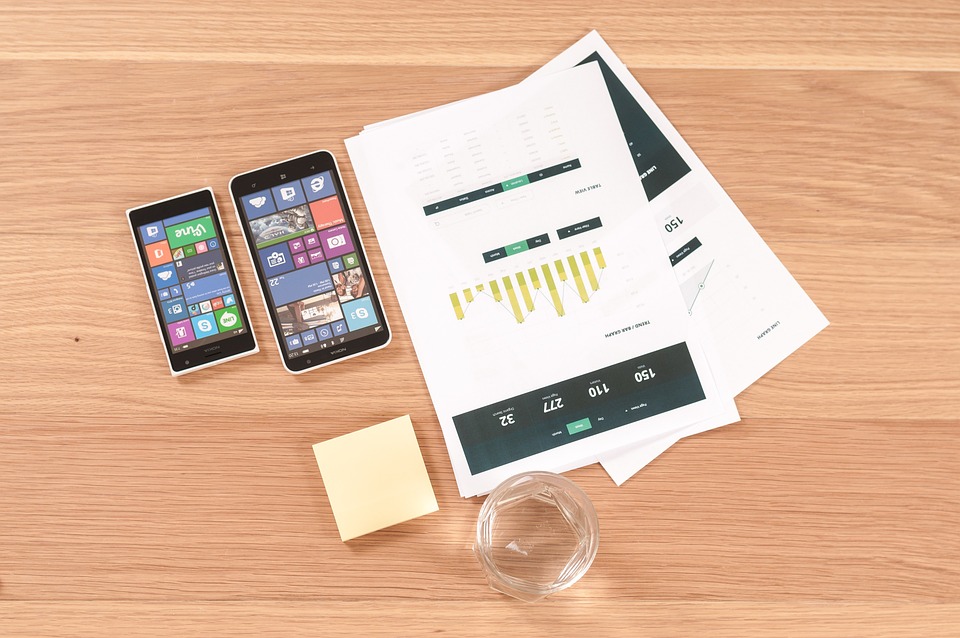In our digital age, we don’t just leave behind a will and a wardrobe—we leave behind a vast trail of data: emails, photos, social media accounts, cloud drives, and maybe even a few awkward teenage blog posts. But what actually happens to all this digital content when we die?
This question is no longer just philosophical. It’s legal, ethical, and deeply personal. Here’s what you should know about your digital afterlife—and what steps you can take now to protect your online legacy.
The Digital Footprint You Leave Behind
From the moment you signed up for your first email address, you began building a digital identity. Here’s what that might include:
-
Email accounts
-
Social media profiles
-
Cloud storage (Google Drive, iCloud, Dropbox)
-
Streaming accounts (Spotify, Netflix)
-
Financial apps (PayPal, Venmo, crypto wallets)
-
Photos and documents
-
Messages and chats
Most of us rarely think about what becomes of this information after death—yet it’s a critical part of our modern lives.
What Do Big Tech Companies Do with Deceased Accounts?
Every major tech company handles this differently. Some let loved ones request account access or deletion, while others keep the data locked forever.
Google’s Inactive Account Manager allows you to predefine what happens if your account is inactive for a certain period. You can choose trusted contacts who can access your Gmail, Drive, Photos, and more—or have your data automatically deleted.
🍎 Apple
As of iOS 15.2, Apple introduced a Legacy Contact feature. It lets you designate someone to access your data (like photos or notes) after your death, but they’ll need a special access key and a copy of your death certificate.
📘 Facebook (Meta)
You can choose to either memorialize your Facebook account or have it deleted. Memorialized profiles say “Remembering” and allow loved ones to post tributes. You can also name a Legacy Contact to manage parts of your profile.
🐦 X (formerly Twitter)
Twitter does not allow data access, but it will work with a verified family member to deactivate the account once a death certificate is provided.
Can Someone Legally Access Your Data After Death?
This depends heavily on local laws. In many places, your digital data doesn’t automatically transfer to next of kin. Without prior setup, families may struggle to access vital information or memories.
In the U.S., some states have adopted Revised Uniform Fiduciary Access to Digital Assets Act (RUFADAA), allowing executors to manage a deceased person’s digital assets—but only with proper permissions and documentation.
In other countries, laws vary wildly. Some treat digital data as private property, others view it as the company’s asset.
The Rise of “Digital Will” Services
A growing number of startups are tackling this issue by offering digital estate planning tools. These services let you:
-
Store passwords securely
-
Create instructions for social media accounts
-
Assign digital heirs
-
Schedule messages or photo albums to be sent posthumously
Popular tools include:
🧰 GoodTrust
🛡️ Everplans
🧳 SafeBeyond
What You Can Do Now to Prepare
While it’s uncomfortable to think about, taking a few simple steps today can spare your loved ones stress later.
✅ Make a list of your digital assets
✅ Assign legacy contacts (Google, Apple, Facebook, etc.)
✅ Use a password manager and store the master key somewhere safe
✅ Write a digital will or use a service
✅ Talk to your family or executor about your wishes
Final Thoughts
Your digital life deserves as much care and intention as your physical one. Whether it’s cherished photos, financial access, or simply your Spotify playlist that deserves to live on, thinking about your digital afterlife isn’t morbid—it’s responsible.
In a world where our memories are increasingly stored online, planning your digital legacy is just another form of love and closure.





